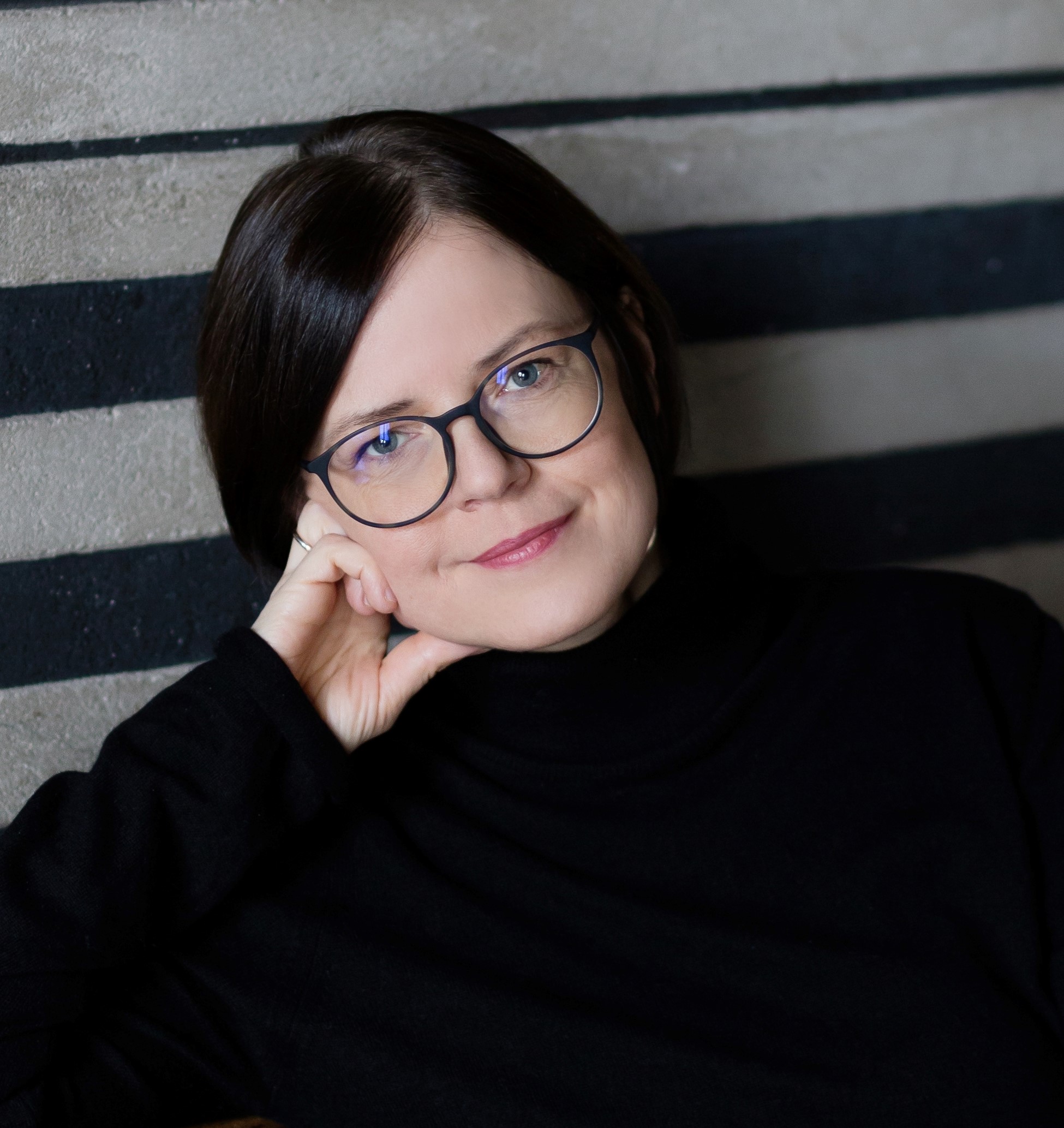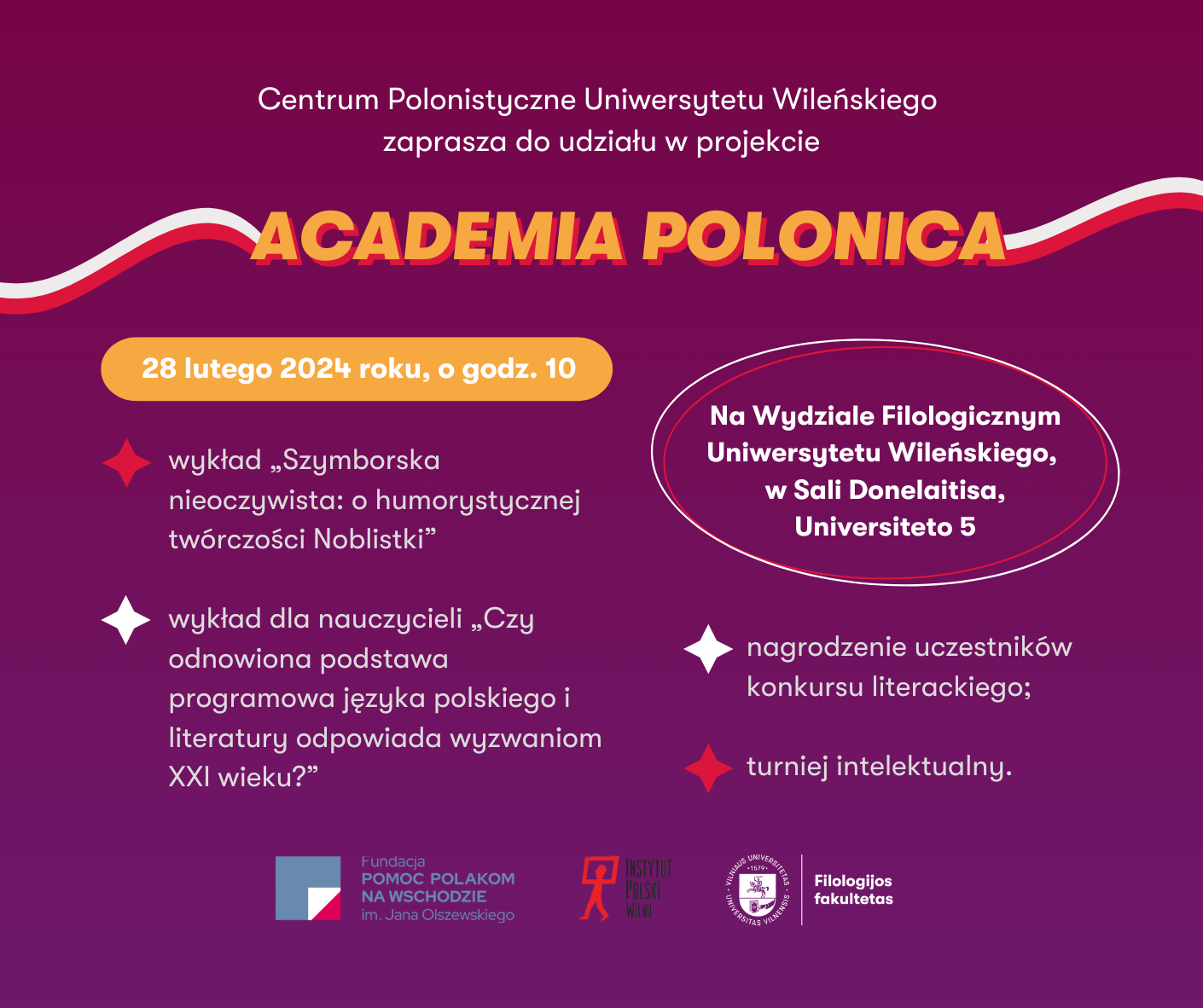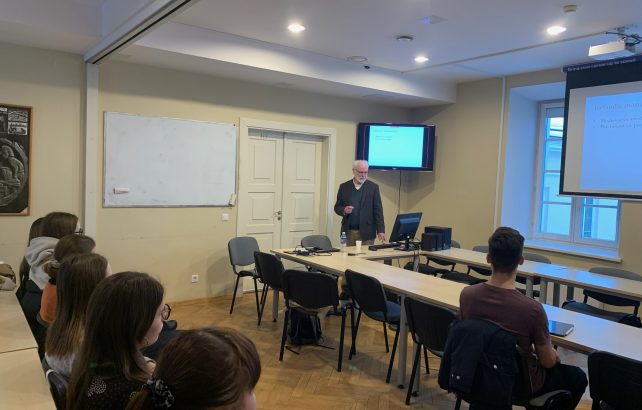
Skandinavistikos centre pagal „Nordud“ programą viešėjo profesorius Matthew James Driscoll, žymus senosios skandinavų literatūros, ypač jos rankraščių, tyrinėtojas iš Kopenhagos universiteto Árnio Magnússono instituto (dan. Det Arnamagnæanske Institut). Čia saugoma apie 1400 senųjų rankraščių. Anksčiau jų buvo gerokai daugiau, bet nuo 8-ojo dešimtmečio per 1600 islandiškų rankraščių buvo grąžinta Islandijai, kuri nuo Danijos karūnos atsiskyrė tik 1944 m.
Vizito metu skandinavistikos studentams profesorius perskaitė tris paskaitas. Per pirmąją supažindino su islandiškų rankraščių, kurių seniausi siekia XII a., šriftų ir ortografijos specifika, jų materialiaisiais aspektais, tokiais kaip pergamento paruošimas ir formatai, mokė atpažinti rankraščiuose pasitaikančias santrumpas.
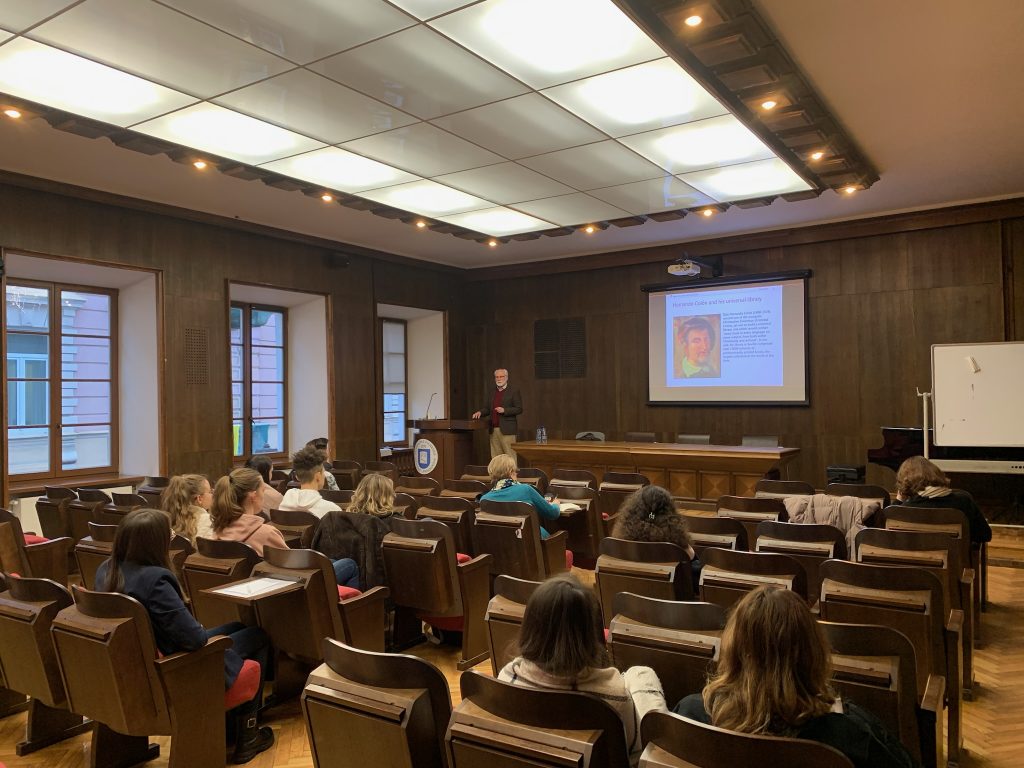
Antroji paskaita buvo skirta specifinei sagų (senovės skandinavų literatūros prozos žanras) rūšiai – vadinamosioms riterinėms sagoms ir sagoms apie Šiaurės šalių senovę. Jos dažnai būdavo mokslininkų nuvertinamos kaip neturinčios istoriografinės reikšmės, nors pačioje Islandijoje nuo pat XIII a., kada dauguma jų buvo sukurtos, jos tapo pačios populiariausios, dažnai skaitomos pramogai balsu atokiuose islandiškuose ūkiuose.
Trečiojoje paskaitoje profesorius pristatė unikalų islandų literatūros žanrą rímur – tai kūriniai, kuriuose įvairūs sagų siužetai yra perteikiami specifine poetine forma, dažniausiai atliekami dainuojant. Studentai mokėsi analizuoti jų metriką, aliteracijas ir vidinius rimus, išgirdo jų išrašų: rímur tradicija, tiek klasikine forma, tiek šiuolaikiškai interpretuojama, Islandijoje tebėra gyva.
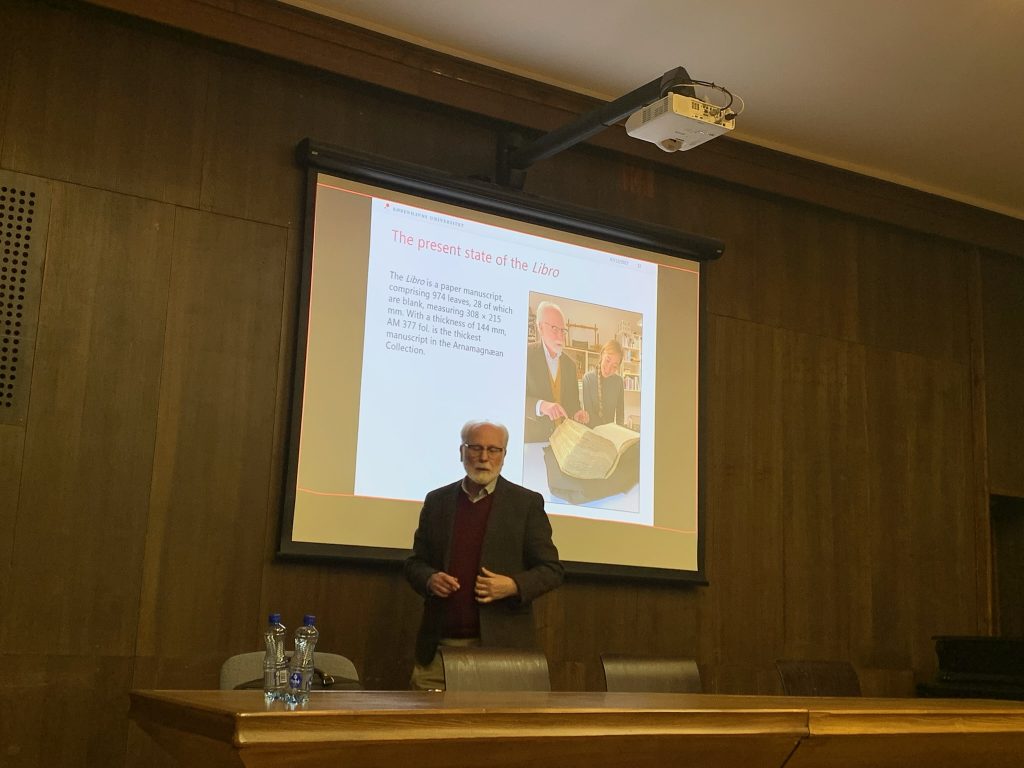
Susitikimų ciklą prof. M. J. Driscollas užbaigė paskaita, į kurią susirinko klausytojų iš įvairių specialybių. Joje profesorius pristatė savo dabartinį projektą „The Book of Books“, skirtą ispano Hernando Colóno, žymiojo atradėjo, kurį mes vadiname Kristupu Kolumbu (it. Cristoforo Colombo, isp. Cristóbal Colón), sūnaus, bibliotekos katalogo „Libro de los epítomes“ knygos rankraščiui tyrinėti. Šio rankraščio atradimas 2019 m. Árnio Magnússono institute tapo tikra sensacija, nors jis instituto kolekcijoje jau gulėjo nuo XVII a.
Ši knyga – ypatinga, nes joje, manoma, yra surašytos santraukos apie kiekvieną knygą, saugotą H. Colóno bibliotekoje. XVI a. tai buvo didžiausia privati biblioteka pasaulyje, turėjusi per 15 tūkst. knygų. Todėl naujienos apie prof. M. J. Driscollo projektą greitai apskriejo pasaulį ir pasiekė Ispanijos karališkąją šeimą, kuri, lydima dabartinės Danijos karališkosios poros, 2023 m. lapkritį aplankė institutą, kad galėtų asmeniškai susipažinti su šiuo atradimu.
